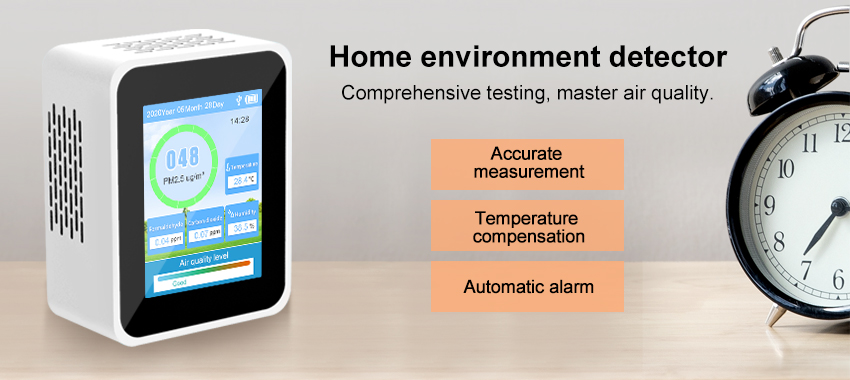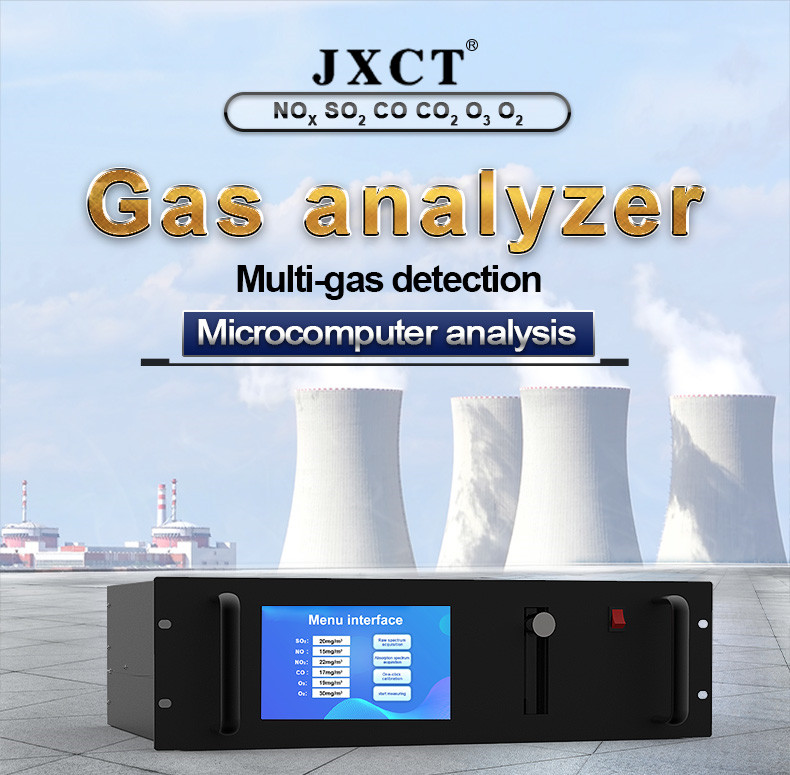Background:
What do you think of when you hear the word “smart city”? Maybe a futuristic and technologically advanced city? Perhaps the simpler answer is a city that makes life easier for humans without harming the environment. Governments around the world believe that smart cities are the key to solving most modern problems such as air pollution. Most smart cities have access to advanced technology that can regularly monitor air pollution. The development of smart cities has many requirements for air quality monitoring.
But is it really necessary to monitor air pollution levels? Before answering this question, we first need to understand how serious air pollution is to our health. Did you know that one of the greatest threats to our lives on Earth is deteriorating air quality? The World Health Organization report on air quality states that almost 90% of people breathe air of unhealthy standards. As a result, millions of people die every year. In order to understand if there are serious risks to the health of residents in smart cities, monitoring the air becomes critical.

The Importance of Air Quality Monitoring Systems in Smart Cities:
The United Nations Population Division reports that 56.2% of the world’s population lives in urban areas. With cities so densely populated, it is critical to ensure they have a safe environment. This is where government agencies come into play in the best interests of their citizens.Achim Steiner, executive director of the United Nations Environmental Protection Agency (UNEP), said: “We know from the World Health Organization that 88% of outdoor pollution-related deaths occur in low- and middle-income countries. It’s these developing countries that often don’t have access to data on their air quality.”
To address air pollution in smart cities, governments around the world have installed air quality monitoring systems (AQM). Most AQMs are now artificial intelligence integrated with sensor-based technology. This helps it do more than just detect contamination levels. It can assist data feeds of various air pollutant levels with timestamps to provide historical data. Through this historical analysis, it can send forecast readings of weather, temperature, traffic and air pollutant levels.
This is why having a real-time air quality monitoring system is an integral part of fighting air pollution in smart cities. It can help authorities and residents in a number of ways.
Benefits of AQM
Setting up an air quality monitoring system in a smart city can help address air pollution in a variety of ways. Smart cities and even industries can greatly benefit from air quality monitors. Some of them are:
Accurate reading of air pollutants
Having an AQM that can accurately detect various parameters is one of the most important steps in the fight against air pollution. It can help government agencies unbiasedly read air pollution levels, rather than vaguely guess at soot levels.
Predict and analyze air pollution levels
Just like how you get notifications about the weather on your phone, a smart AQM can do the same with air pollution levels. Authorities can access various pollution levels through timestamps. It can tell you what the pollution level was yesterday, a month ago or even a year ago. Based on this information, patterns can be drawn. One such example is India, where high levels of air pollution are observed during the winter months. Likewise, we can analyze data acquired by AQM and even predict near-term air quality.
Better corrective action
This is one of the main reasons why many smart cities need air quality monitoring systems. It helps officials make informed decisions that best suit the city’s needs. This further increases the confidence of officials when drafting rules and regulations.
Better human health conditions
To improve people’s living conditions, breathing cleaner air is essential. AQM plays an important role in this. It can help people understand the air quality in their city. This boosts confidence in the government and can get more public support. The main focus here is to save lives and improve the living conditions of the inhabitants.

Gas detector
Gas analyzer is a gas sensor independently developed by Jingxun Unimpeded using different detection principles for multi-gas detection. The gas detector adopts microcomputer analysis, which can detect the concentration of NOx, SO2, CO2, CO, O3 and O2. Gas analyzer is suitable for gas detection in thermal power plant, steel plant, non-ferrous metal smelter, aluminum smelter, cement plant, phosphate fertilizer plant, nitric acid plant, sulfuric acid plant, petrochemical, chemical fiber, industrial furnace, boiler, civil heating boiler and other occasions.